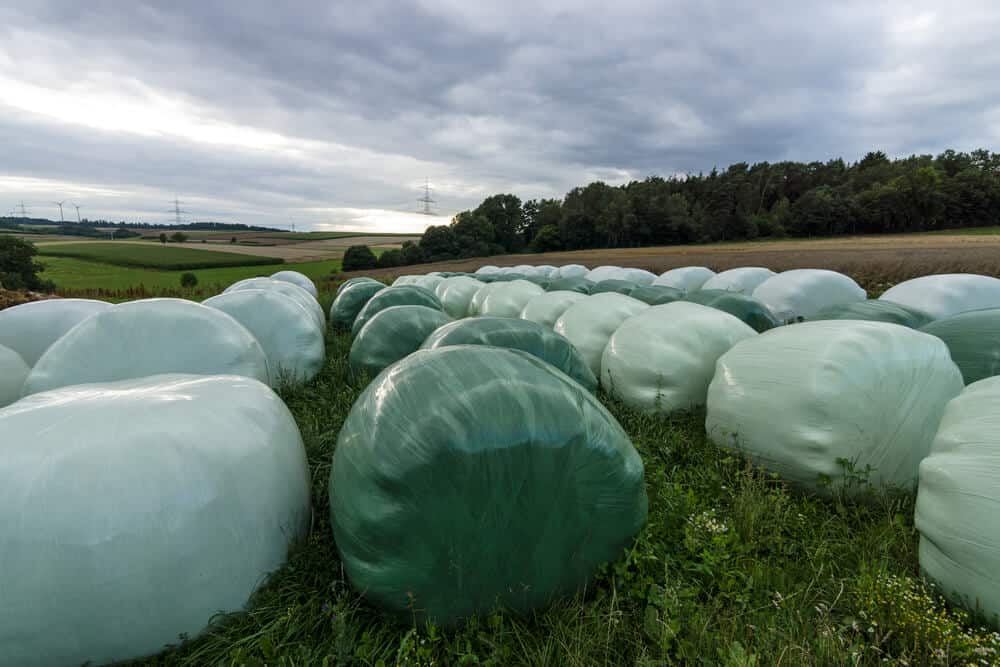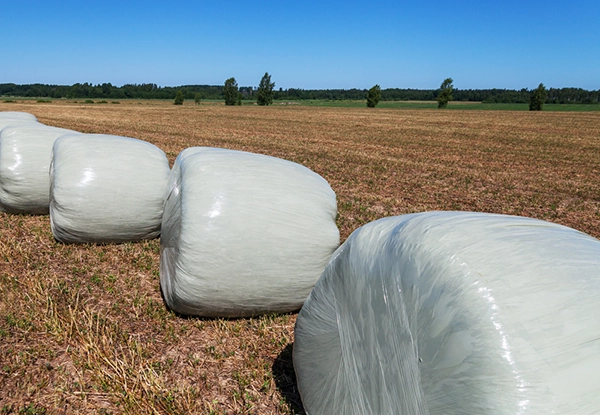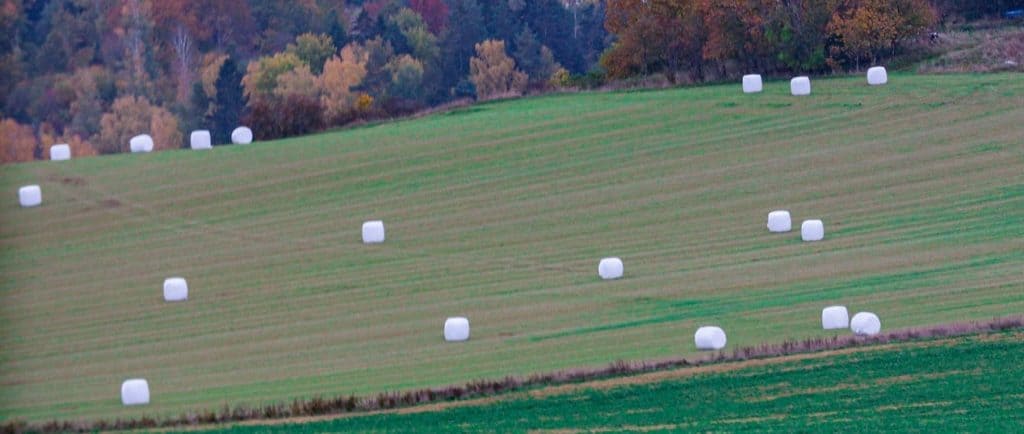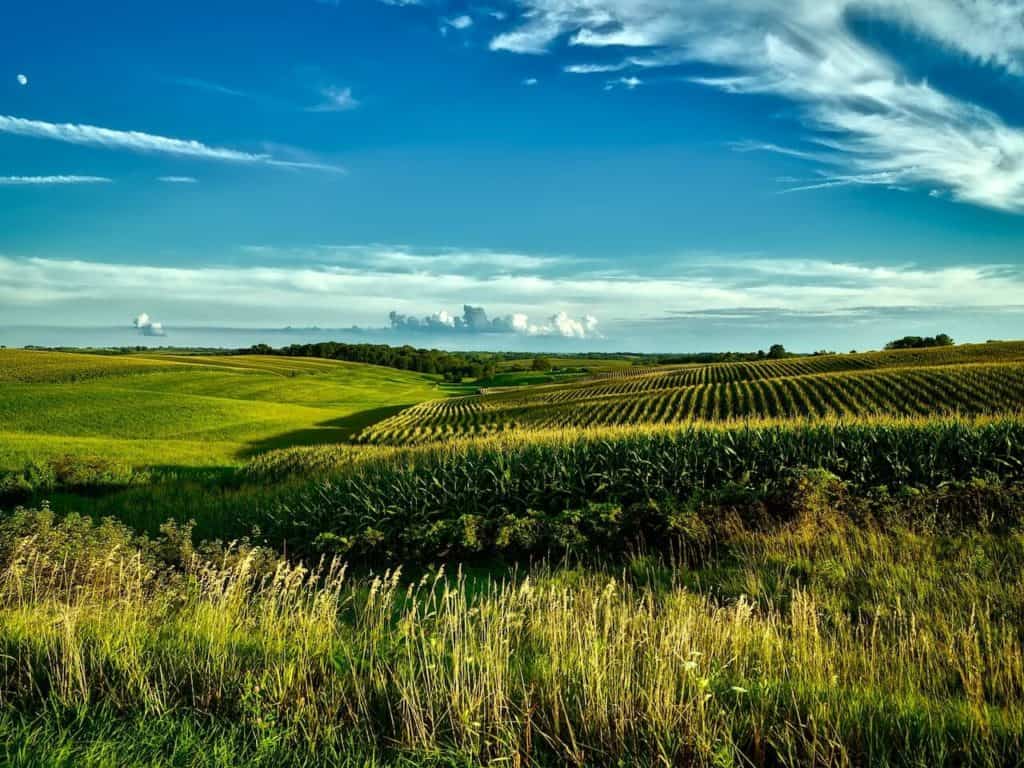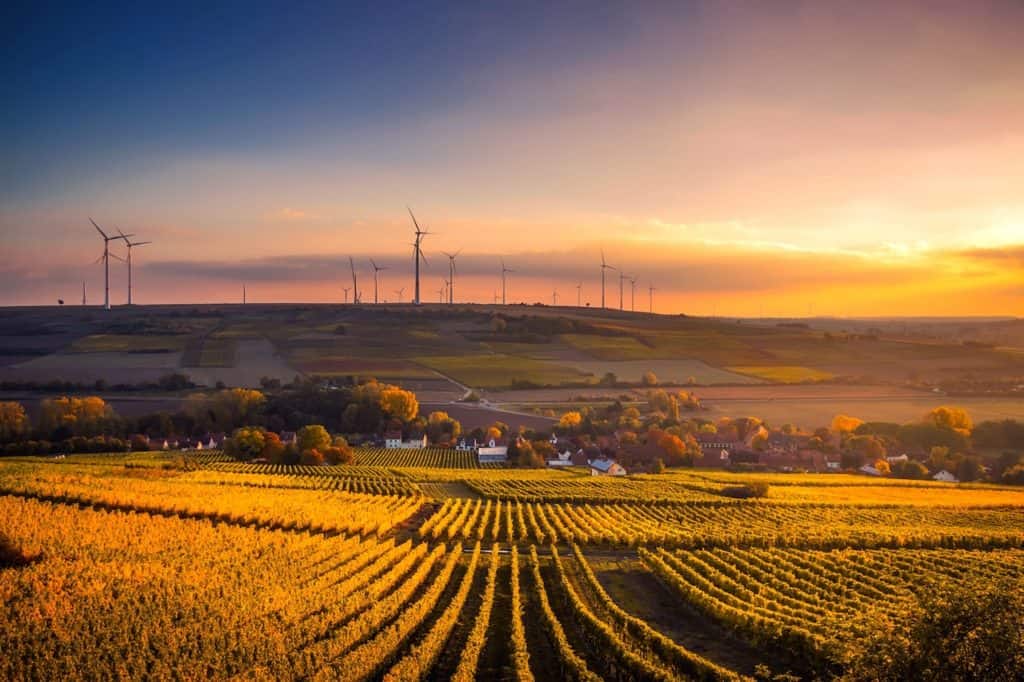General Farm Waste Materials
General farm waste refers to the various waste materials produced by farms, including agricultural and plastic waste. This type of waste is a result of the various operations that take place on a farm, including planting, harvesting, and animal husbandry. The waste produced by farms can have a significant impact on the environment if not managed properly, making it important to understand the different types of waste and the best methods for waste disposal.
What Are The Different Types Of Farm Waste
Plastic Waste
One of the main types of waste produced by farms is plastic waste. This waste includes items such as silage wrap, agricultural film, and other plastic products used in farming operations. Plastic waste is particularly problematic because it can take hundreds of years to degrade in the environment, and it can harm wildlife and pollute the soil and water. In addition, plastic waste is often not properly disposed of, leading to littering and other environmental issues.
Silage Wrap
Agricultural Waste
Another type of waste produced by farms is agricultural waste. This includes materials such as crop residue, animal waste, and other organic materials that are generated during farming operations. Agricultural waste is often rich in nutrients and can be used as fertiliser, but if it is not properly managed, it can contribute to soil and water pollution. In addition, the decomposition of organic waste can release methane, a potent greenhouse gas.
Disposing Of Your Farm Waste Safely
The disposal of farm waste is regulated by various laws and regulations that vary depending on the location and type of waste. The management of hazardous waste, such as chemicals and pesticides, is particularly regulated to ensure that it does not pose a risk to the environment or human health. In addition to regulations, waste management on farms often involves the use of composting, recycling, and other methods to minimise waste and reduce environmental impact.
We Recycle Farm Plastic Waste
There are a variety of ways that farm waste can be recycled and repurposed. For example, plastic waste can be melted down and used to create new products, such as plastic lumber or compost bins. Agricultural waste can be composted and used as fertiliser, reducing the need for synthetic fertilisers and helping to build healthy soil. Recycling farm waste not only helps to reduce environmental impact, but it can also be a cost-effective and sustainable way to manage waste on farms.
Our recycling business is dedicated to helping farms reduce their waste and minimise their impact on the environment. We specialise in collecting and recycling farm plastic waste, such as polytunnel and bale wrap. By working with farmers to properly manage their waste, we aim to create a more sustainable and environmentally-friendly agricultural industry.

